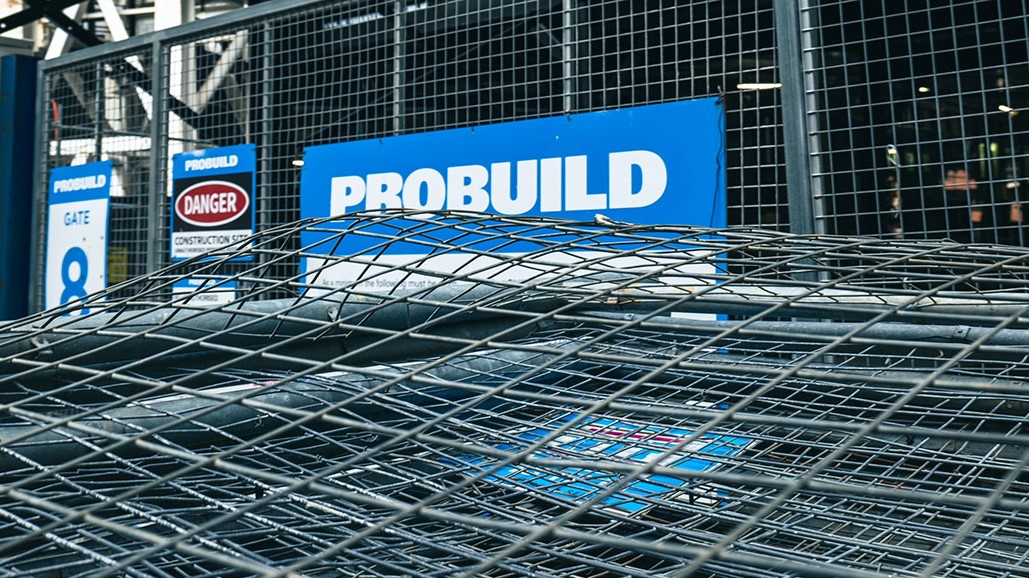The collapse of building giant Pro-Build last night (24 February 2022) has sent shockwaves through the building and construction industry not only in South-East Queensland but also further afield. It was widely reported in the media yesterday that trades’ people were seen abandoning Pro-Build’s marquee Brisbane project at 443 Queen Street, taking with them their tools and equipment. It appended the writing was on the wall and they were not expecting to return.
It has since been reported that the demise of Pro-Build has left somewhere in the region of $5bn of unfinished projects in Australia, including major projects in Brisbane, Sydney and Melbourne.
Tradies working on the 443 Queen Street are said to be collectively owed a significant (7-figure) sum.
Statistically, the building industry accounts for more insolvencies, both in terms of numerical appointments as well as in the value of creditors, than any other industry in Australia.
As is so often the case when construction companies collapse, it is the subcontractor/tradies that suffer the most. Subcontractors, typically, rank as unsecured creditors and as such can be the most vulnerable.
In Queensland, however, subcontractors in the building and construction industry are afforded a certain level of protection that is not available to those engaged in other industries, or indeed in other States or Territories across Australia.
The Building Industry Fairness (Security of Payment) Act 2017 provides a statutory framework whereby a subcontractor engaged specifically in the building and construction industry can serve a notice upon the developer and secure for the subcontractor’s benefit, monies that would otherwise be payable to Pro-Build.
The effect of the notice is to require the developer to redirect monies from Pro-Build to the subcontractor. The process has the effect of bypassing Pro-Build’s administration thus securing monies due to a subcontractor for work completed, which work the developer will ultimately benefit from.
We at Rose Litigation Lawyers regularly act on behalf of subcontractors in respect of the preparation and service of these statutory notices.
There are very strict requirements under the Building Industry Fairness (Security of Payment) Act 2017, in relation to both the form of the notice and the time frames for lodging same. A failure to comply with these strict requirements will see that notice being redundant. Once the time allowed under Building Industry Fairness (Security of Payment) Act 2017 to lodge a claim has passed, a party is then precluded from seeking to later secure the charge. As such, it is imperative that any subcontractors that are affected by the Pro-Build collapse take immediate action to secure a statutory charge over monies otherwise payable to Pro-Build.
One of the most worrying aspects of the Pro-Build collapse is what the knock-on effects will be. The Pro-Build demise is a timely reminder to subcontractors as to importance of remaining vigilant with respect to debtor days and the collection of debts.
Should you or any building subcontractor you know be affected by the collapse of Pro-Build, or indeed the failure of any construction company, you should immediately contact the team at Rose Litigation Lawyers and obtain an advice as to whether you (or they) can issue a notice of charge.
Finally, it is important to remember that the provisions of BIFA do not apply only once a liquidator/administrator is appointed and the process can be used at any time by subcontractors when there is a concern as to non-payment from a contracting builder.
